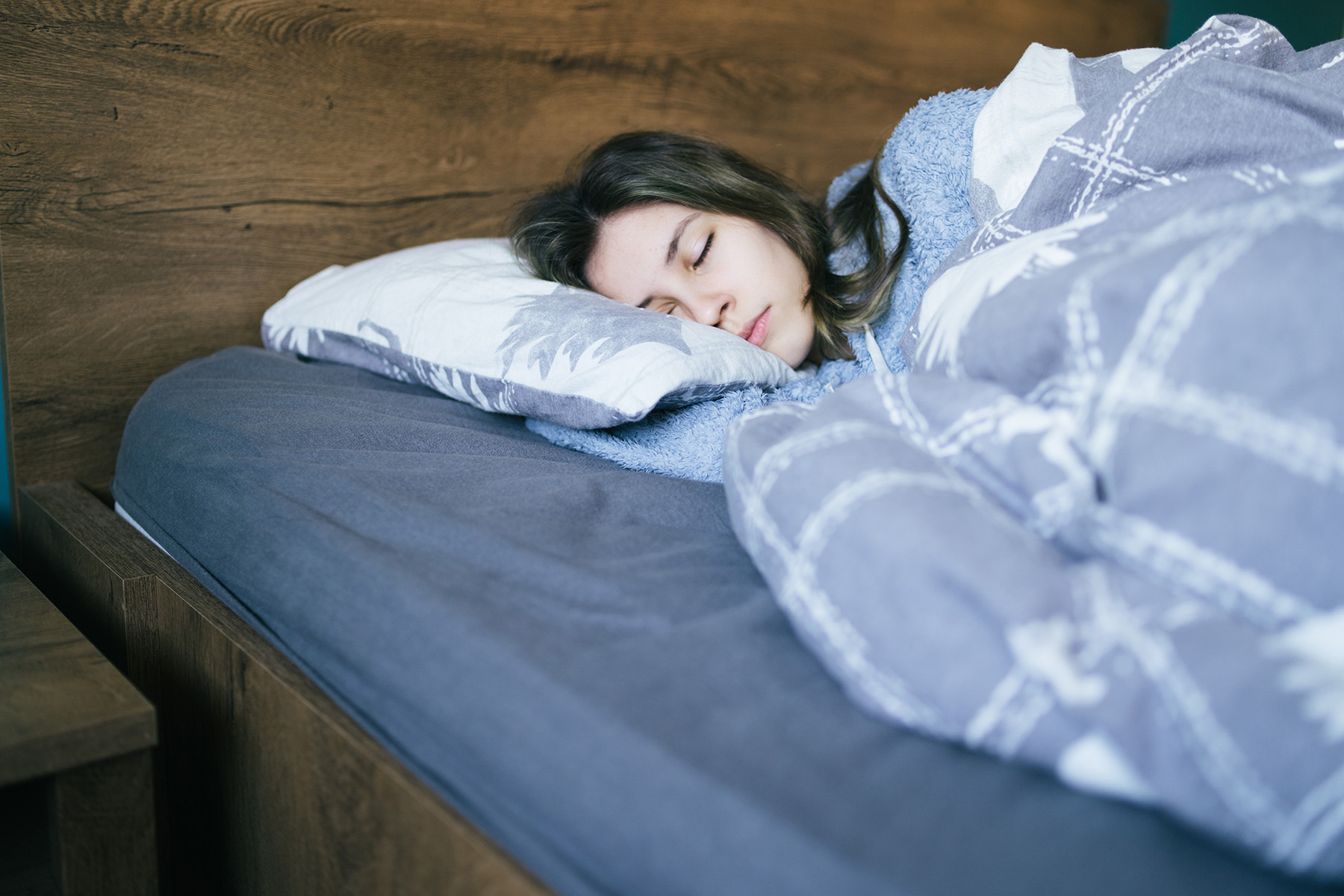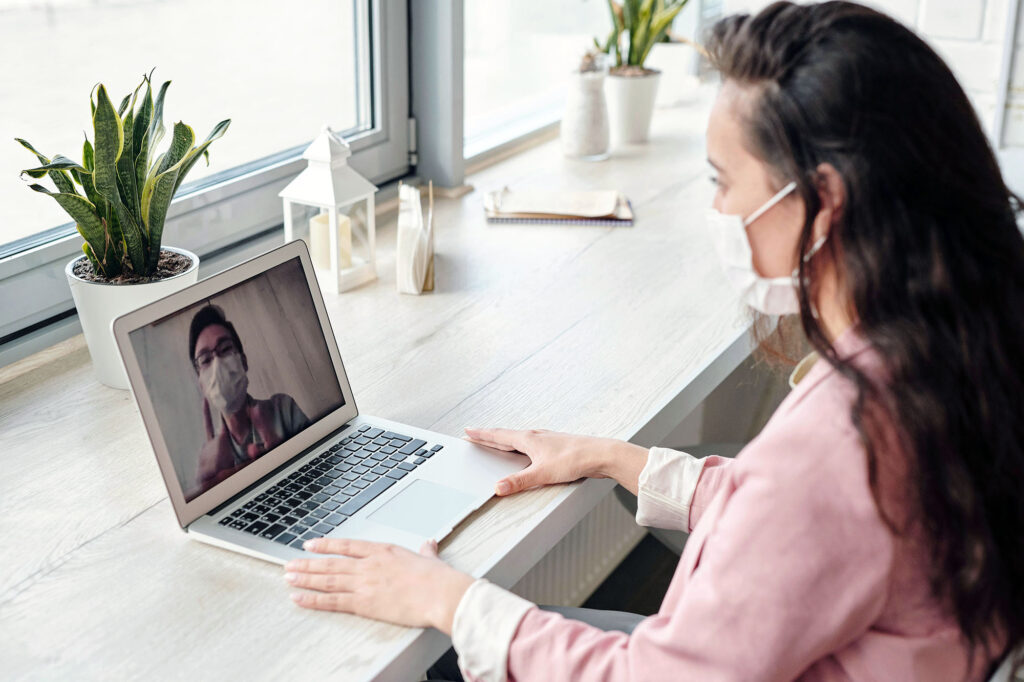Sleep is vital to overall health and well-being. If you have trouble sleeping, you know it can impact almost every aspect of your life. It can also contribute to serious health conditions. That’s why it’s important to find a solution. WMCHealth’s Center for Sleep Medicine is one of the largest comprehensive sleep centers in New York. Our Center provides comprehensive evaluations and highly specialized treatments.
Our goal is to improve your quality of life and help decrease your risk of obesity, hypertension, and depression, all of which can be linked to poor sleep.
What Are Sleep Disorders?
Sleep disorders are conditions that impact the quality, length, and amount of sleep as well as the ability to stay awake during the day. Approximately 33% of Americans suffer from some sort of sleep condition. Women are more likely to suffer than men, and about half of people over the age of 65 have some type of sleep condition.
Symptoms of Sleep Disorders
It’s normal to experience occasional sleepless nights or tired days, but frequent problems may indicate a condition. While symptoms may vary depending on the type of disorder you have, some common symptoms could include:
- Snoring, gasping, or choking while sleeping
- Feeling like you need to move as you relax
- Struggling with performance at school or work
- Requiring more than 30 minutes to fall asleep
- Finding it difficult to stay focused or manage emotions
- Waking often in the middle of the night and not being able to go back to sleep
- Feeling tired during the day and feeling the need to take naps
- Falling asleep while performing other tasks

Types of Sleep Disorders
There are over 80 diagnosable sleep disorders. Some of the most common include:
- Insomnia
- Sleep apnea
- Restless leg syndrome
- Night eating disorders
- REM behavior disorder
- Circadian rhythm disorder
- Chronic respiratory failure
- Narcolepsy and hypersomnia
- Sleep issues with menopause
If you are unable to get a good night’s sleep and are struggling in your daily life due to lack of sleep, the neurologists at WMCHealth provide sleep medicine services that can help bring relief.
Diagnosing Sleep Disorders

To diagnose a sleep disorder, your doctor will do a physical exam and take a medical history. They may also perform blood or imaging tests. You may also be asked to keep a sleep diary to record your sleep habits.
At WMCHealth, we offer a complete range of diagnostic tests including home sleep testing and in-Lab testing (sleep study).
For home sleep testing, you will receive a device in the mail or pick it up at a clinic. You will be provided instructions and after two nights with the device you will return it and the data will be analyzed.
However, for some people, home sleep tests aren’t always the best option, so you may need to participate in a sleep study. This is a noninvasive and painless procedure performed at WMC’s Center for Sleep Medicine. Over the course of the night, your brain waves, heartbeat, and breathing patterns will be monitored. The results will be evaluated, and WMC’s care team will recommend personalized treatment options to improve your sleep.
Causes of Sleep Disorders
A sleep disorder occurs when there is a disruption in the body’s sleep cycle, which can happen for a variety of reasons, including:
- Stress
- Substance use
- Genetic mutations
- Irregular schedules
- Medical conditions
- Mental health conditions
- Side effects of medication
Treatment of Sleep Disorders
The treatment will depend on the type of disorder that you have. Numerous noninvasive treatment options can provide relief, including:
- CPAP machine
- Exercising regularly
- Creating a sleep schedule
- Cognitive behavioral therapy
- Reducing screen time before bed
- Changing medications or adjusting dosages
- Taking medication or supplements to fall asleep
